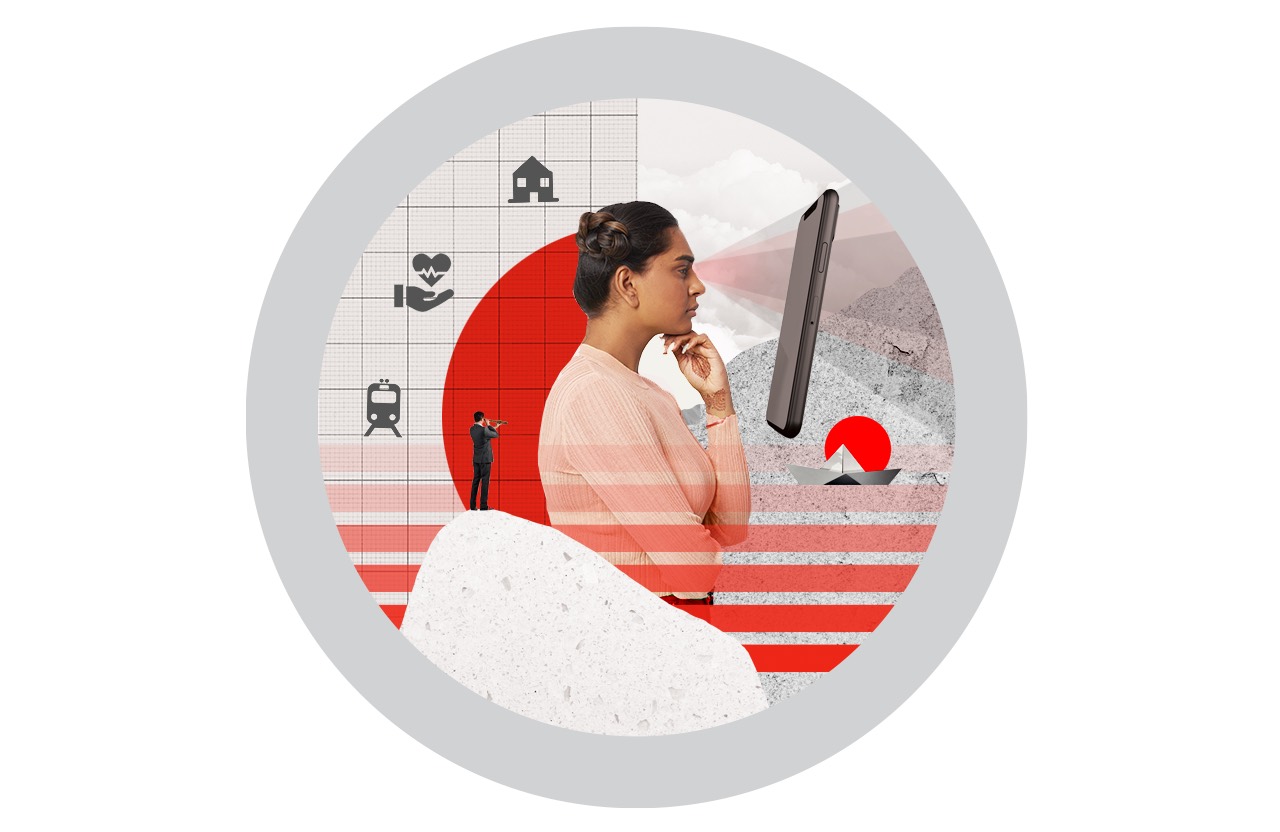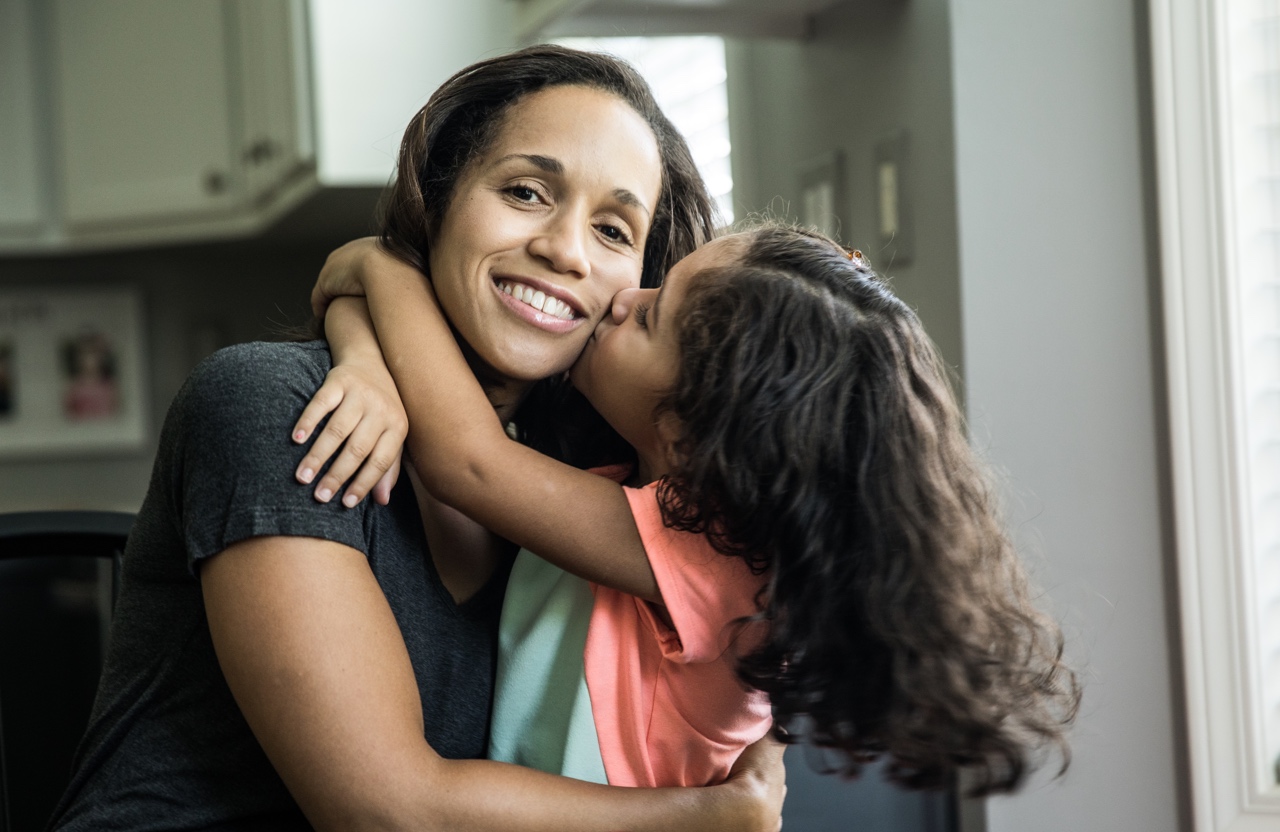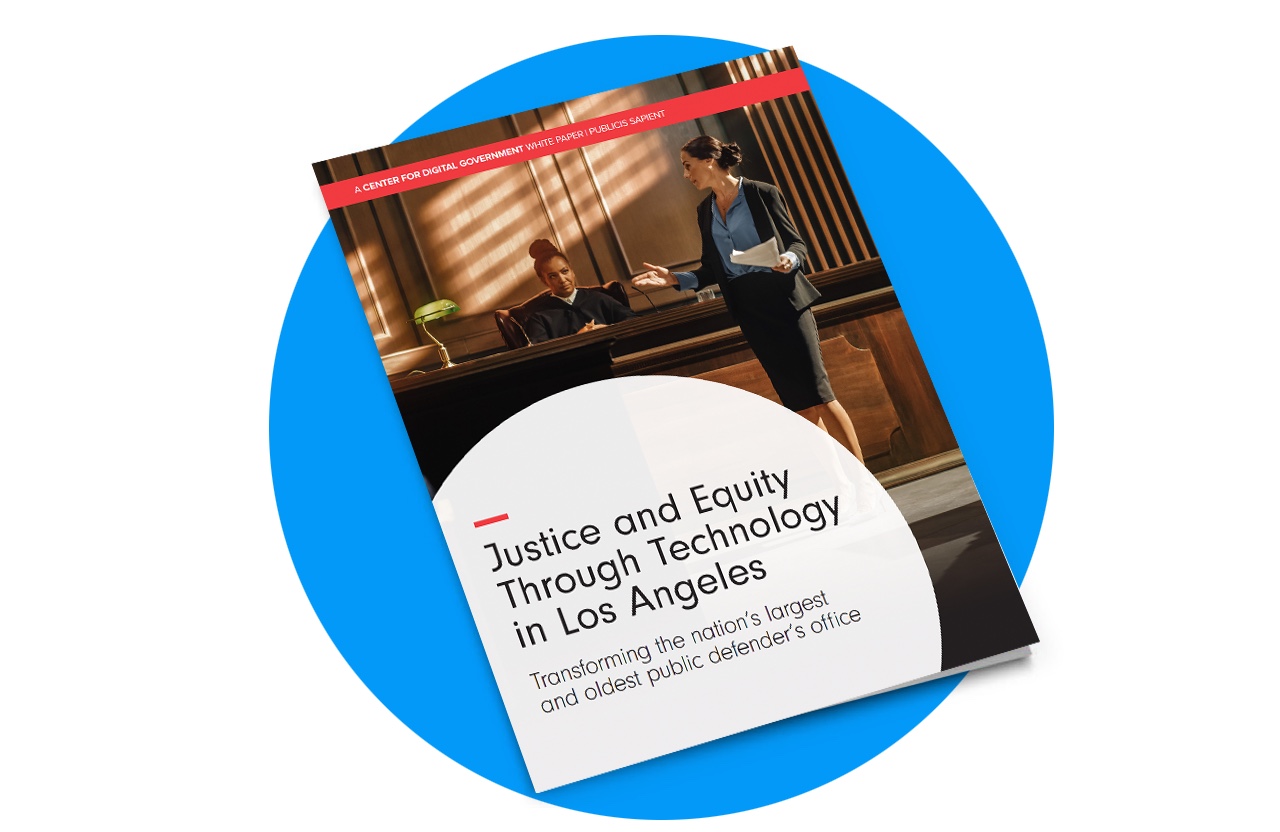Public Sector
Day in the Life: How State Governments Can Digitally Connect Caregivers to Care Support Services
A digital matching hub enables primary caregivers to apply for services and connect with other citizens in the caregiving community.
For many people, becoming a primary caregiver is not planned. Unforeseen and traumatic life events can dramatically change an individual’s life as they take on the duty of caring for children, a senior, a spouse with a terminal illness or any friend or family member who requires assistance with daily activities. Informal caregivers are often unpaid, as many are members of a care recipient's family or social network. The role of the caregiver often revolves around routine tasks, providing emotional support and making sacrifices. However, unexpected incidents, emergencies and the derailment of self-care plans can take an equal toll on caregivers.
One solution for state governments is to design an innovative platform to help caregivers identify the needs of their care recipient and connect them with essential state-provided services, enabling them to take a break from caregiving. The digital hub can swiftly match individuals with service offerings and lighten the burdens of responsibility.
Emily’s story: support for caregivers, granted
Here is Emily’s story—a fictional, day-in-the-life account of one daughter’s journey as an adult caregiver for her parent.









